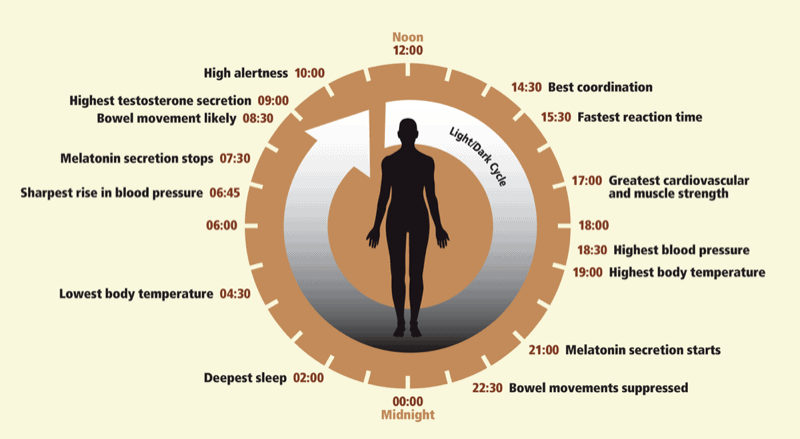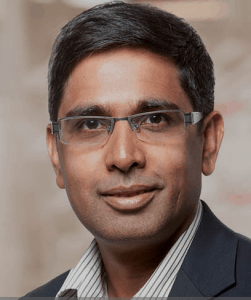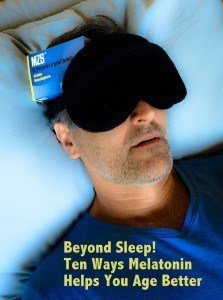The Circadian Code: Lose Weight and Supercharge Your Health
As Dr. Sachin Panda details in his new book, The Circadian Code, your health is governed by your circadian rhythms. Ignore this fact at your peril. Learn why when you eat makes all the difference to your body composition, metabolic health, hormone optimization and more!
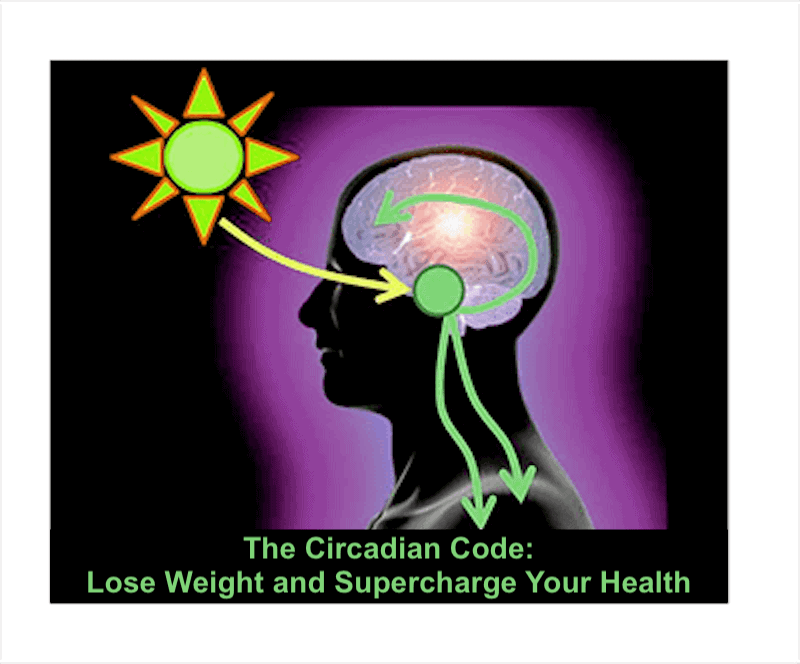 I’M TYPING this bleary-eyed at 4:30 AM on Saturday in Zurich, Switzerland I’m reminded of how circadian rhythms effect our body, for good or ill.
I’M TYPING this bleary-eyed at 4:30 AM on Saturday in Zurich, Switzerland I’m reminded of how circadian rhythms effect our body, for good or ill.
My journey here began yesterday, Thursday, on a 2:10 PM flight from San Francisco to Zurich, arriving here at 10:30 AM on Friday, according to Zurich, but not my body. To my body the time was 1:30 AM, and I was tired.
In my attempt to reset my circadian clock to Zurich time, I purposely got only five hours sleep the night before my flight from San Francisco, and then about three hours into the 11 hour flight, took a melatonin tablet to help me sleep on the plane, which I did for about half the flight, although fitfully. Then I pushed through various stages of fatigue yesterday, Friday, whilst I walked about with my friends and made sure I drunk plenty of water.
Finally, after watching the blood moon, striking in its appearance over a dark farmer’s field nearby, I took another melatonin and went to bed at 10:45 PM, Zurich Time. And now, while it’s still Friday at 8:00 PM in San Francisco, I write this in the deep dark of a warm, dry pre-dawn Saturday morning in Zurich.
Surely, anyone whose traveled across multiple time zones has experienced what I just described. I don’t detail this experience because it’s novel, but because it’s a good reminder of the importance and power of our circadian rhythms.
Especially when it comes to eating!
When You Eat Is More Important Than What You Eat
As health reporter Anahad O’Connor wrote in the New York Times reported last month in July:
A growing body of research suggests that our bodies function optimally when we align our eating patterns with our circadian rhythms.
This diagram tells the tale:
In my article, When You Eat Is More Important Than What You Eat, I summarize an important study in Science Direct entitled Circadian rhythms, time-restricted feeding, and healthy aging that provides us a concise, current understanding of the profound effect that our circadian clock has upon metabolism and physiology:
- Circadian rhythms optimize physiology and health by temporally coordinating your cellular function, tissue function and behavior.
- Feeding-fasting patterns are external cues that profoundly influence the robustness of daily biological rhythms.
- Erratic eating patterns can disrupt the temporal coordination of metabolism and physiology leading to chronic diseases that are also characteristic of aging; however, sustaining a robust feeding-fasting cycle, even without altering nutrition quality or quantity, can prevent or reverse these chronic diseases.
- In humans, epidemiological studies have shown erratic eating patterns increase the risk of disease, whereas sustained feeding-fasting cycles, or prolonged overnight fasting, is correlated with protection from breast cancer.
The research paper’s summary concludes with this:
“Therefore, optimizing the timing of external cues with defined eating patterns can sustain a robust circadian clock, which may prevent disease and improve prognosis”.
Which simply means this:
When you eat (and when you don’t) is more important to your health than what and how much you eat!
Improve Your Metabolic Health, Lose Weight, Balance Your Hormones and More
In his new book, The Circadian Code: Lose Weight, Supercharge Your Energy, and Transform Your Health from Morning to Midnight, Dr. Satchin Panda, a professor at the Salk Institute and an expert on circadian rhythms research, argues that your metabolic health improves when you eat your meals in a daily 8- to 10-hour window, taking your first bite of food in the morning and your last bite early in the evening.
Dr. Panda’s research demands our attention.
A Pew Scholar and a recipient of the The Julie Martin Mid-Career Award in Aging Research, Dr. Satchin Panda is a leading expert in the field of circadian rhythm research. He is a Professor at the Salk Institute and a, founding executive member of the Center for Circadian Biology at the University of California, San Diego.
As our aforementioned NYT’s health journalist reports, Dr. Panda’s early time-restricted feeding approach stems from the idea that human metabolism follows a daily circadian rhythm, with our hormones, enzymes and digestive systems primed for food intake in the morning and afternoon.
Eat outside this window to your peril.
Dr. Panda’s research finds that the average person eats over a 15-hour or longer period each day, starting with something like milk and coffee shortly after rising, and ending with a glass of wine, a late night meal or a handful of chips, nuts or some other snack shortly before bed.
Yes, most of us are grazers, eating and snacking from the time we awake till right before you climb into bed.
That pattern of eating conflicts with our biological rhythms.
Here’s what you need to know, as detailed in Anahad O’Connor’s article:
- Every organ has an internal clock that governs its daily cycle of activity governed by your hypothalamus.
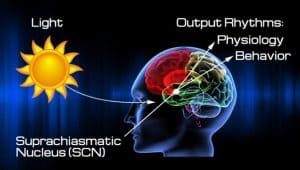
-
During the day, the pancreas increases its production of the hormone insulin, which controls blood sugar levels, and then slows it down at night.
-
The gut has a clock that regulates the daily ebb and flow of enzymes, the absorption of nutrients and the removal of waste. The communities of trillions of bacteria that form the microbiomes in our guts operate on a daily rhythm as well. These daily rhythms are so ingrained that they are programmed in our DNA: Studies show that in every organ, thousands of genes switch on and switch off at roughly the same time every day.
-
Dozens of studies prove that blood sugar control is best in the morning and at its worst in the evening. We burn more calories and digest food more efficiently in the morning as well. At night, the lack of sunlight prompts the brain to release melatonin, which prepares us for sleep. Eating late in the evening sends a conflicting signal to the clocks in the rest of the body that it’s still daytime, said Dr. Peterson.
-
“It’s well known that by changing or disrupting our normal daily cycles, you increase your risk of many pathologies,” said Dr. Sassone-Corsi, who recently published a paper on the interplay between nutrition, metabolism and circadian rhythms.
Make the Lifestyle Changes To Get Your Health on Track With The Circadian Code
If you’re like most people, you wake up, get hungry for meals and doze off in bed around the same time every day. Me too. But as I’m now experiencing given my circadian rhythm-breaking trip to Zurich, any disruption to your normal sleep cycle, such as jet lag or pulling an all-nighter, throws your biology off kilter. So does restless sleep, hunger at odd times, or sudden fatigue at noon. If any of this happens to you, Dr. Satchin Panda has a plan to reset your body clock.
In his book, The Circadian Code, Dr. Panda begins with an in-depth explanation of the circadian clock—why it’s important, how it works, and how to know it isn’t working. Then he outlines lifestyle changes to make to get back on track.The book provides a concrete plan to enhance weight loss, improve sleep, optimize exercise, and manage technology so that it doesn’t interfere with your body’s natural rhythm. Dr. Panda’s life changing methods show you how to prevent and reverse ailments like diabetes, cancer, and dementia, as well as microbiome conditions like acid reflux, heartburn, and irritable bowel disease.
At this point, it’s obvious that I think you’d benefit from reading the book, so go at it:
Your The Circadian Code Takeaway
I’ll repeat myself and give you the same “takeaway” is I did here, which distills down to this:
When you eat is more important than what you eat.
Some fine points:
- Eat as healthily as you can. (Here’s some guidance.)
- Don’t eat after 8:00 PM.
- Every 24 hour period, give yourself at least 12 hours rest without eating (hours in the evening plus hours sleeping). (Read this about Intermittent Fasting.)
I’m pleased to report that by quickly attuning myself to the clock of Zurich, with the aid of sleep timing and melatonin, I’ve adjusted nicely to this new time zone.
Last Updated on September 29, 2022 by Joe Garma

